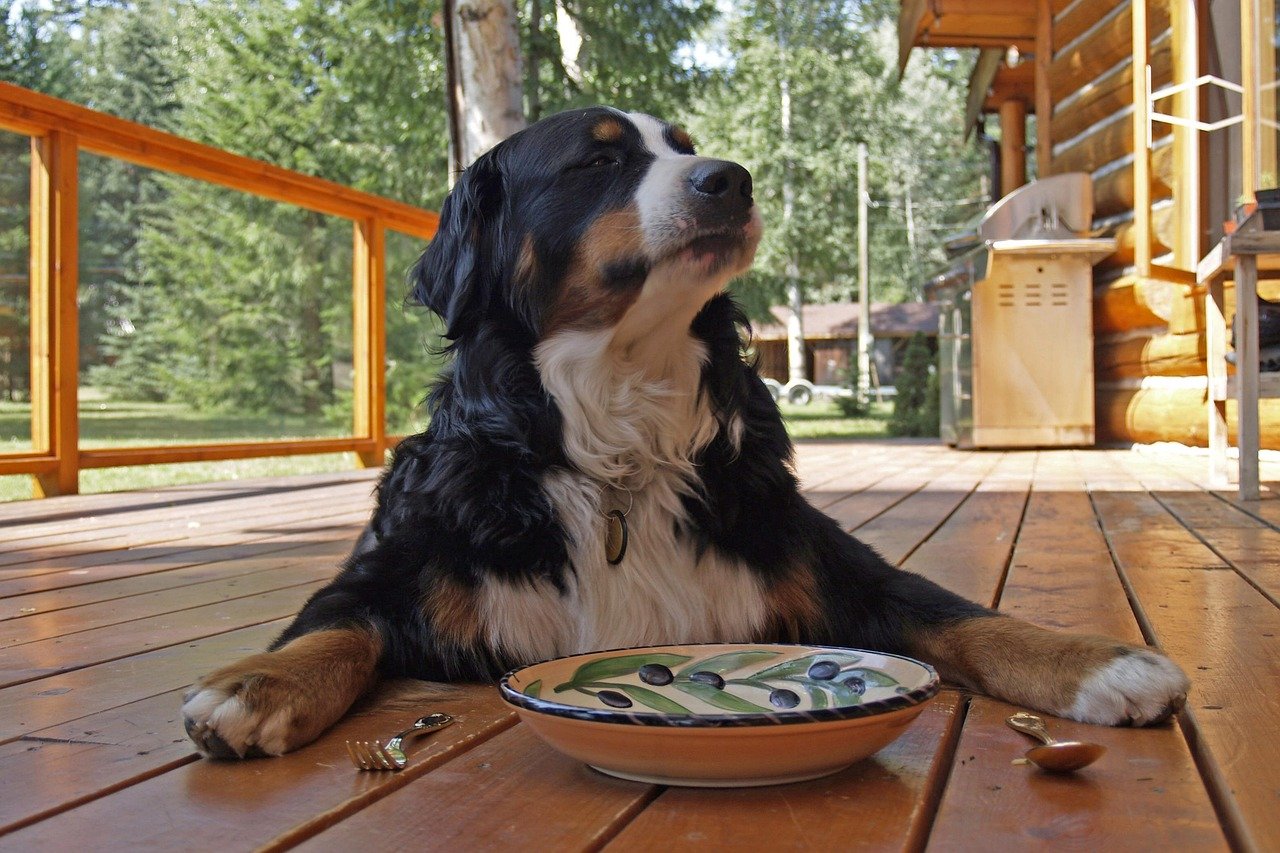Dogs are said to be man’s best friend, but their hearts are even bigger than we think. Their loyalty can bring us to tears, and sometimes, the smallest gesture can speak volumes about their devotion. But what about those times when something feels off—when your beloved companion seems distant or aloof? Understanding your dog’s subtle signals can deepen your bond and help you be the friend they deserve. Let’s explore the inspiring ways dogs show fierce loyalty, and the quiet behaviors that may signal a need for extra love.
1. Following You Everywhere: The Shadow Effect
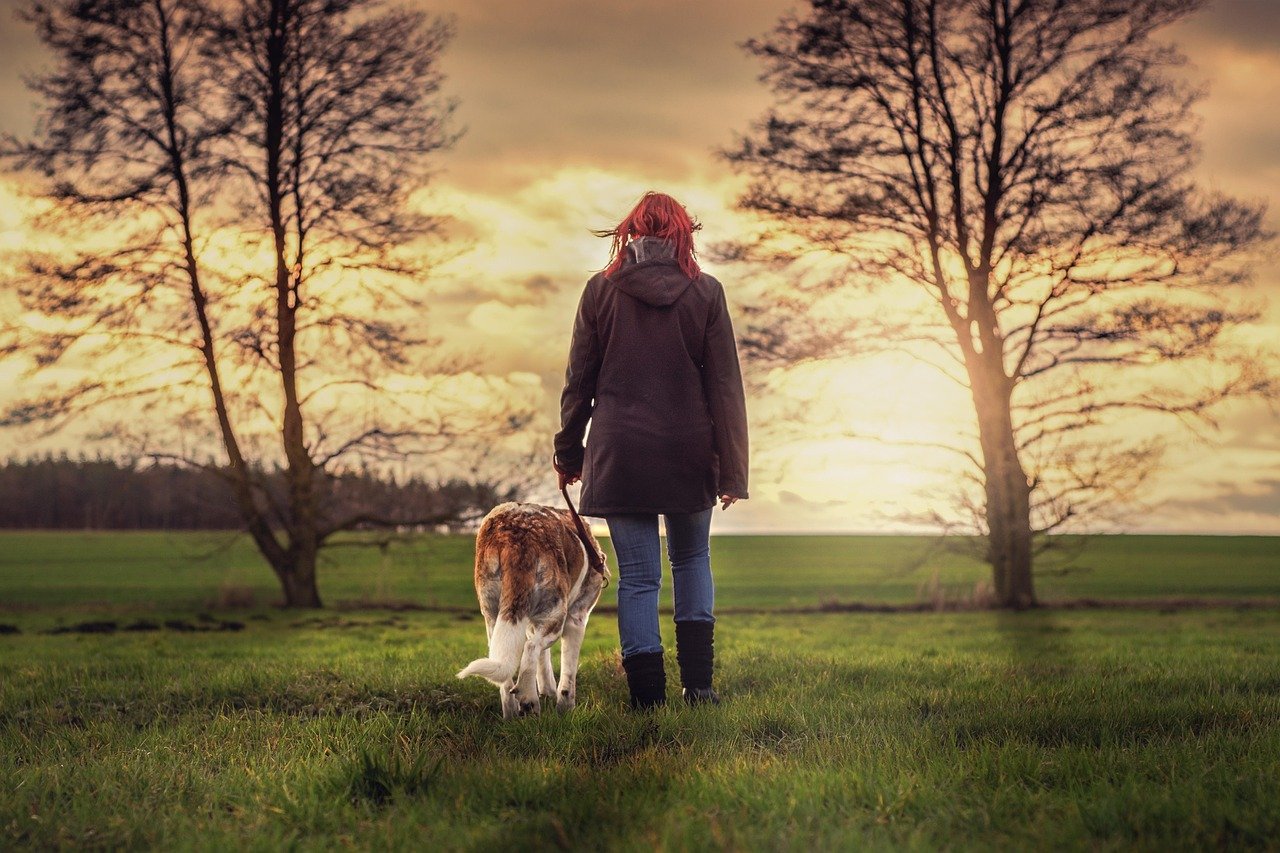
Many dog lovers joke about their furry “shadows”—those faithful pups who trail them from room to room. This behavior is a clear testament to a dog’s loyalty. Your dog’s desire to be near you stems from their pack mentality. In the wild, members of a pack stick together for safety and companionship. When your dog follows you around the house, it’s their way of saying, “I belong with you.”
This constant presence is comforting for both dog and owner. Even when you do something as mundane as brushing your teeth or folding laundry, your dog’s decision to stay close is a simple yet powerful sign of devotion. It’s as if they want to reassure you—and themselves—that you’re never truly alone.
2. Excitement When You Return Home
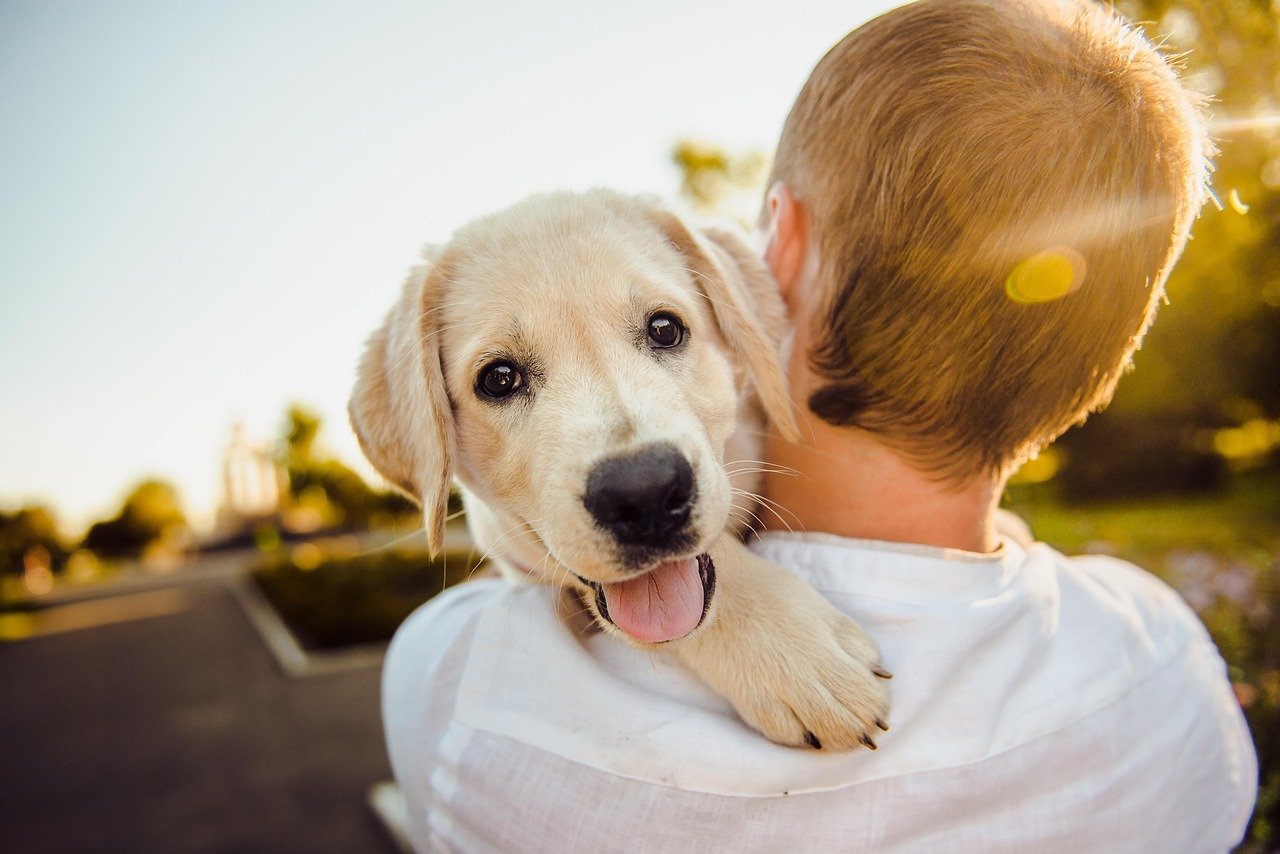
Few sights are as heartwarming as a dog’s joyous greeting after you’ve been away. Whether you’ve been gone for days or just a few minutes, their tails wag wildly, and sometimes their whole bodies wiggle with excitement. This outburst isn’t just about routine; it’s a pure, unfiltered show of love and loyalty.
Dogs live in the moment, and they experience genuine happiness at the return of someone they adore. Even if you’ve only popped out to check the mailbox, your dog’s enthusiastic welcome reminds you how much you mean to them. It’s a daily celebration of your bond.
3. Protectiveness: Ready to Defend You

Have you noticed your dog barking at strangers or standing between you and a perceived threat? That’s their instinctual loyalty in action. Dogs are naturally protective of those they love, often putting themselves between their family and potential danger.
This protectiveness can manifest in subtle ways, like a gentle nudge when someone unfamiliar approaches, or more obvious ones like growling at strangers. Some breeds are more protective than others, but the core emotion is the same: your dog is declaring, “I’ve got your back.”
4. Bringing You Their Favorite Toy
When your dog brings you their prized toy, it’s more than just a request to play. It’s a heartfelt gesture of trust and inclusion. Dogs see their toys as precious, and sharing them with you is a way of saying, “You’re part of my world.”
This sharing also serves as an invitation to connect. Just as a child might offer you their favorite teddy bear, your dog is reaching out with a piece of their happiness. It’s a playful, loving act that cements your bond.
5. Sleeping Near You: Choosing Proximity Over Comfort
Dogs often sleep in the same room as their humans, sometimes even squeezing into less comfortable spaces just to be near you. While a dog bed might be cozier, their choice to sleep by your side is a sign of pure loyalty and love.
This behavior goes back to pack instincts—sleeping close ensures protection and warmth. For your dog, your presence is soothing. Even if it means sharing a cramped bed or curling up at your feet, they wouldn’t have it any other way.
6. Checking On You When You’re Unwell
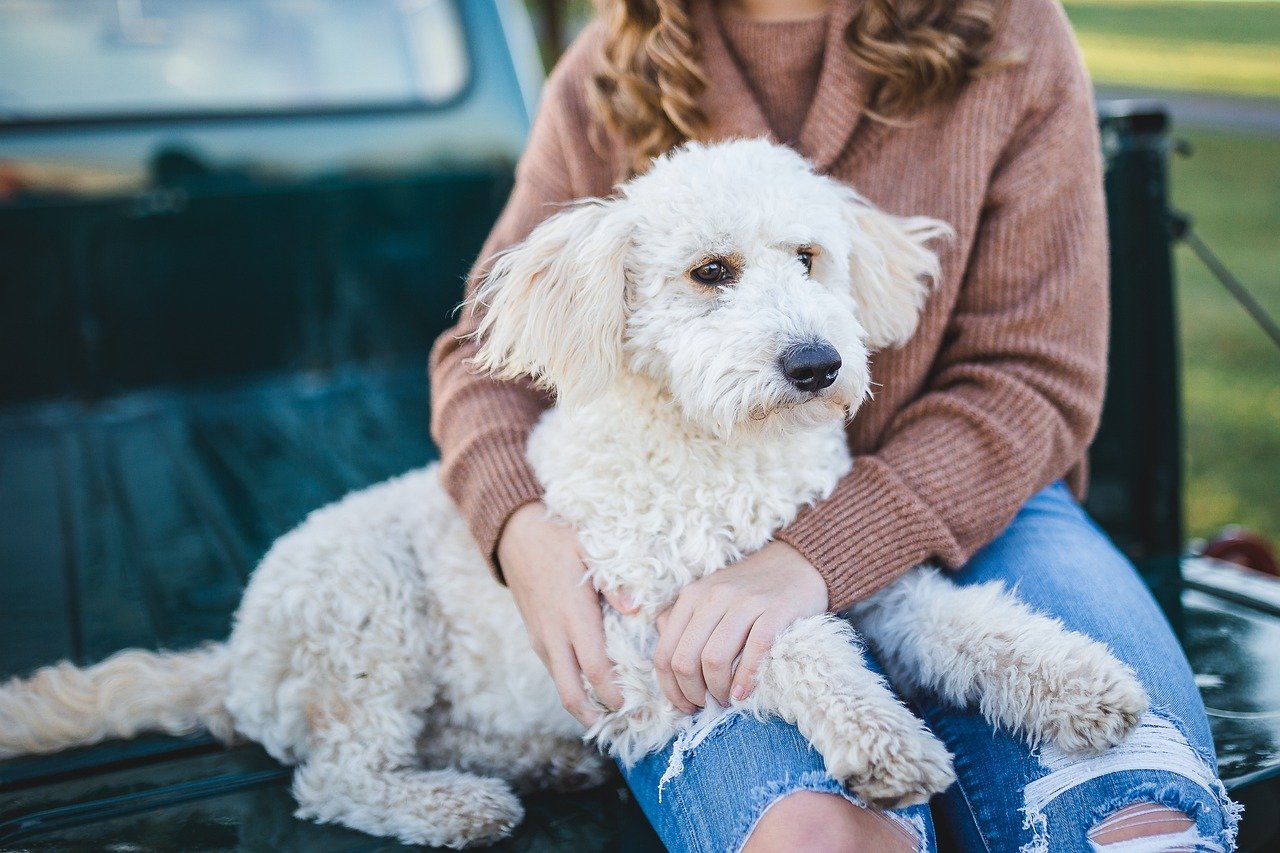
Dogs seem to have a sixth sense when it comes to their owners’ emotions and health. If you’re feeling sick or sad, your dog may snuggle up beside you, rest their head on your lap, or simply stay close by. Their quiet companionship is a form of comfort and loyalty.
Some dogs even try to “heal” their humans with gentle licks or by bringing them small items. Their attentiveness is a reminder that loyalty isn’t just about fun and games—it’s about standing by you in tough times, too.
7. Listening to Your Voice
Ever notice how your dog tilts their head or perks up their ears when you speak? Dogs are deeply attuned to the voices of those they love. Even if they don’t understand every word, they recognize your tone, rhythm, and the emotions behind your speech.
This attentive listening shows your dog values your presence and wants to connect. It’s their way of tuning into your world, sharing in your joys and sorrows, and reinforcing the special relationship you share.
8. Eagerly Anticipating Your Routines
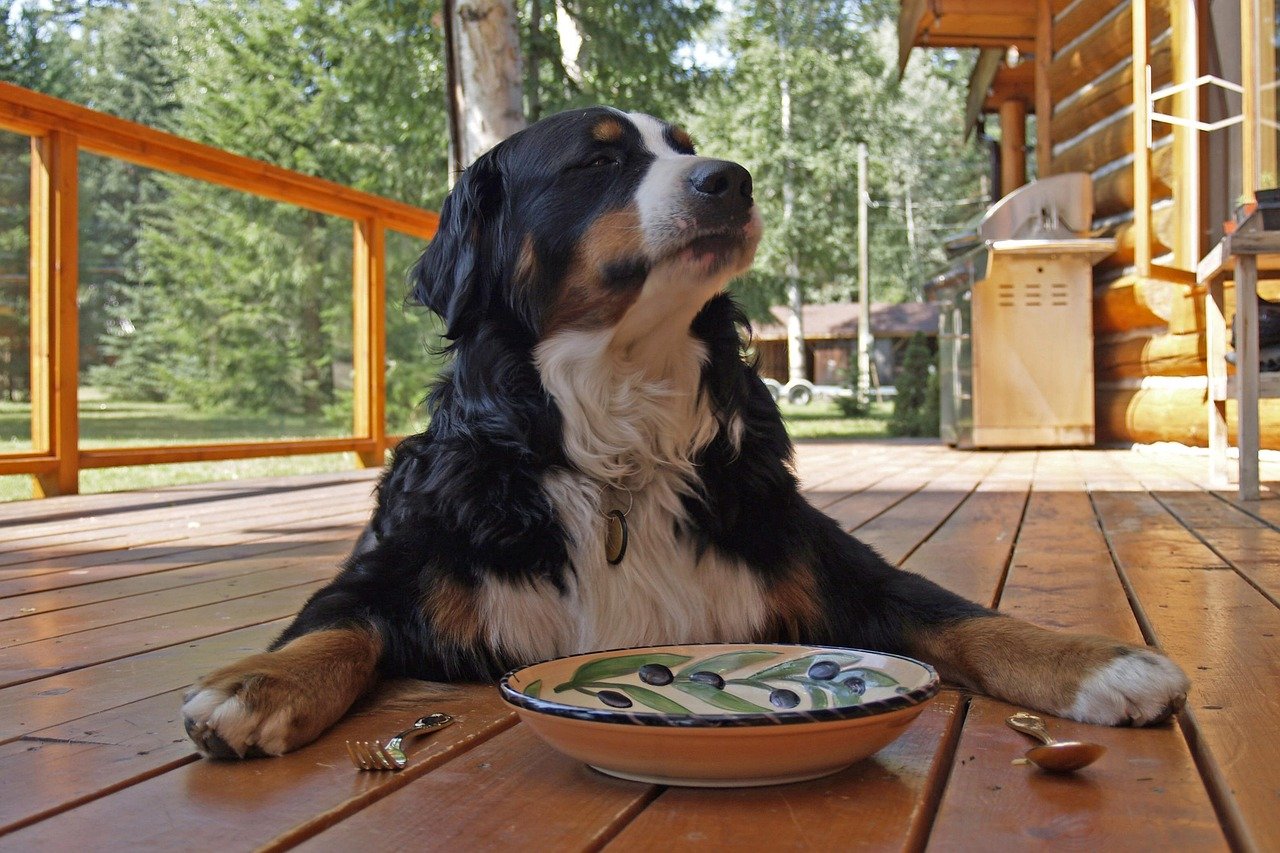
Dogs thrive on routine, and nothing delights them more than anticipating your next move. Whether it’s waiting by the door for their walk or sitting by their bowl at feeding time, your dog’s excitement reflects their trust and loyalty.
Routine means predictability, and predictability means security. By eagerly participating in your daily rituals, your dog is saying, “I trust you to care for me and lead the way.” It’s a silent contract of companionship.
9. Gaze of Adoration: The Power of Eye Contact
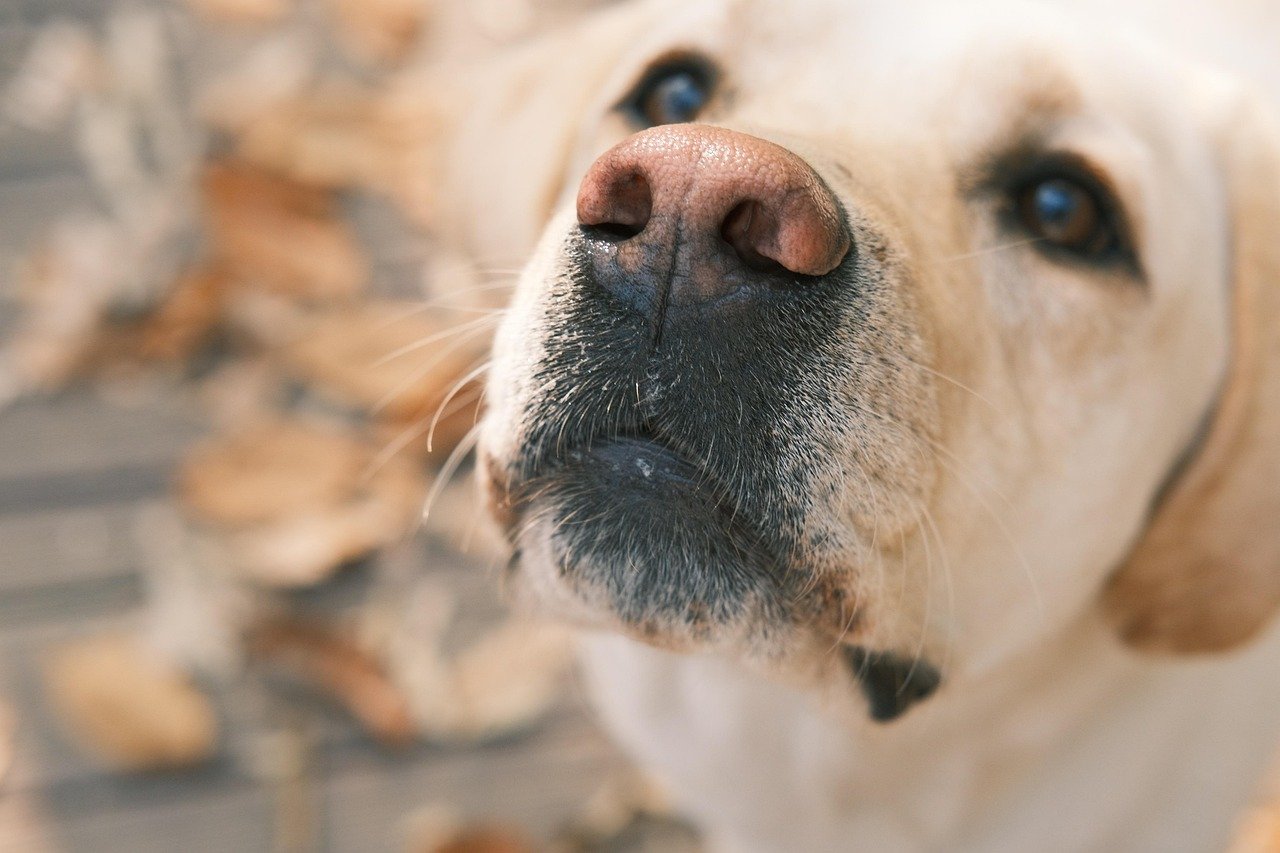
A dog’s loving gaze can melt even the hardest heart. When your dog looks into your eyes, they’re expressing affection and loyalty. Studies show that mutual eye contact releases oxytocin—the “love hormone”—in both dogs and humans.
This exchange of glances is more than coincidence. It’s a way for your dog to communicate trust, comfort, and emotional connection. Sometimes, those soulful eyes say more than words ever could.
10. Staying Calm Around You
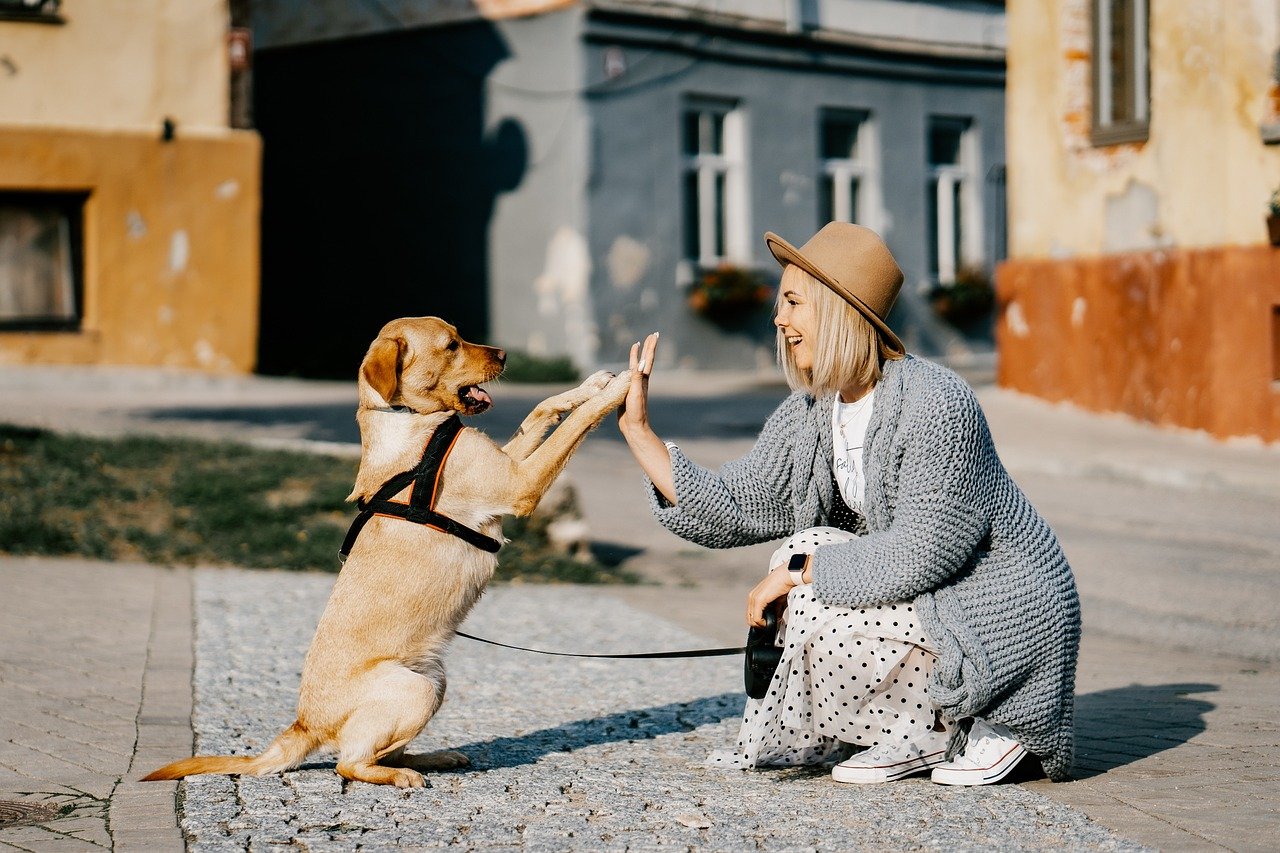
A loyal dog often finds peace in their owner’s presence. They may settle down quickly or relax more easily when you’re near. This sense of calm is a sign of deep trust and unwavering loyalty.
Even in stressful situations, your dog may look to you for reassurance. Your presence and reaction often dictate how they respond to the world. This trust is the cornerstone of your unique bond.
11. Mimicking Your Moods
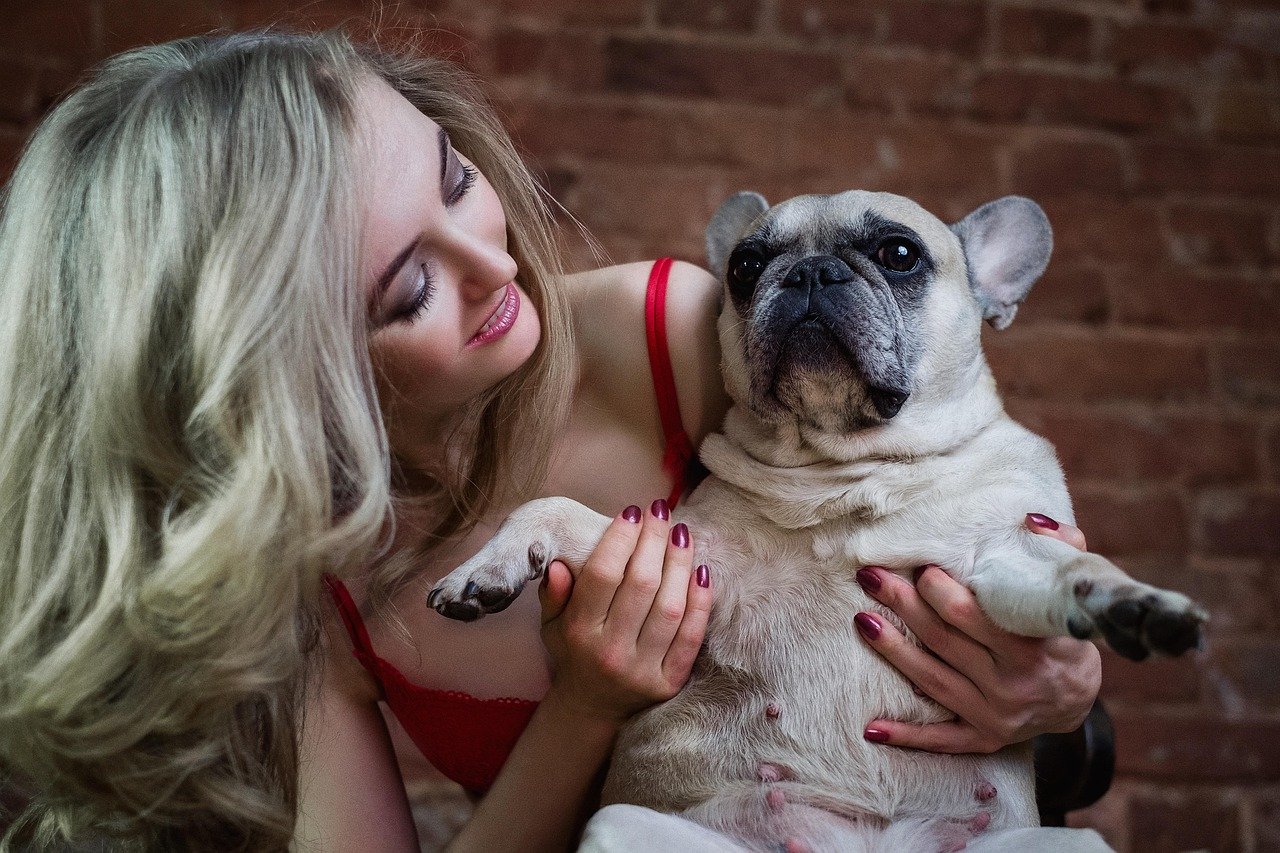
Dogs are incredibly perceptive and often mirror the emotions of their humans. If you’re happy and energetic, your dog might bounce around with excitement. If you’re feeling low, they may become quiet and gentle.
This emotional synchronization is a testament to their loyalty. Your dog wants to be in tune with you, adapting their behavior to fit your mood. It’s their silent way of saying, “We’re in this together.”
12. Responding to Your Commands, Even When Distracted

A truly loyal dog listens to you, even when there are distractions around. Whether it’s coming when called at the dog park or sitting patiently during dinner, your dog’s obedience is a reflection of their trust and respect.
They want to please you, and following your lead is their way of demonstrating loyalty. This cooperation isn’t about fear—it’s about a bond built on mutual understanding and love.
13. Comforting You During Tough Times

When life gets hard, dogs have a remarkable way of offering comfort. They might cuddle closer, nuzzle you with their nose, or simply sit quietly by your side. Their presence is grounding and reassuring, reminding you that you’re not alone.
Your dog’s ability to sense and respond to your emotions is a clear indicator of their unwavering loyalty. They may not have words, but their actions speak louder than any language.
14. Avoiding Eye Contact: A Sign of Distance
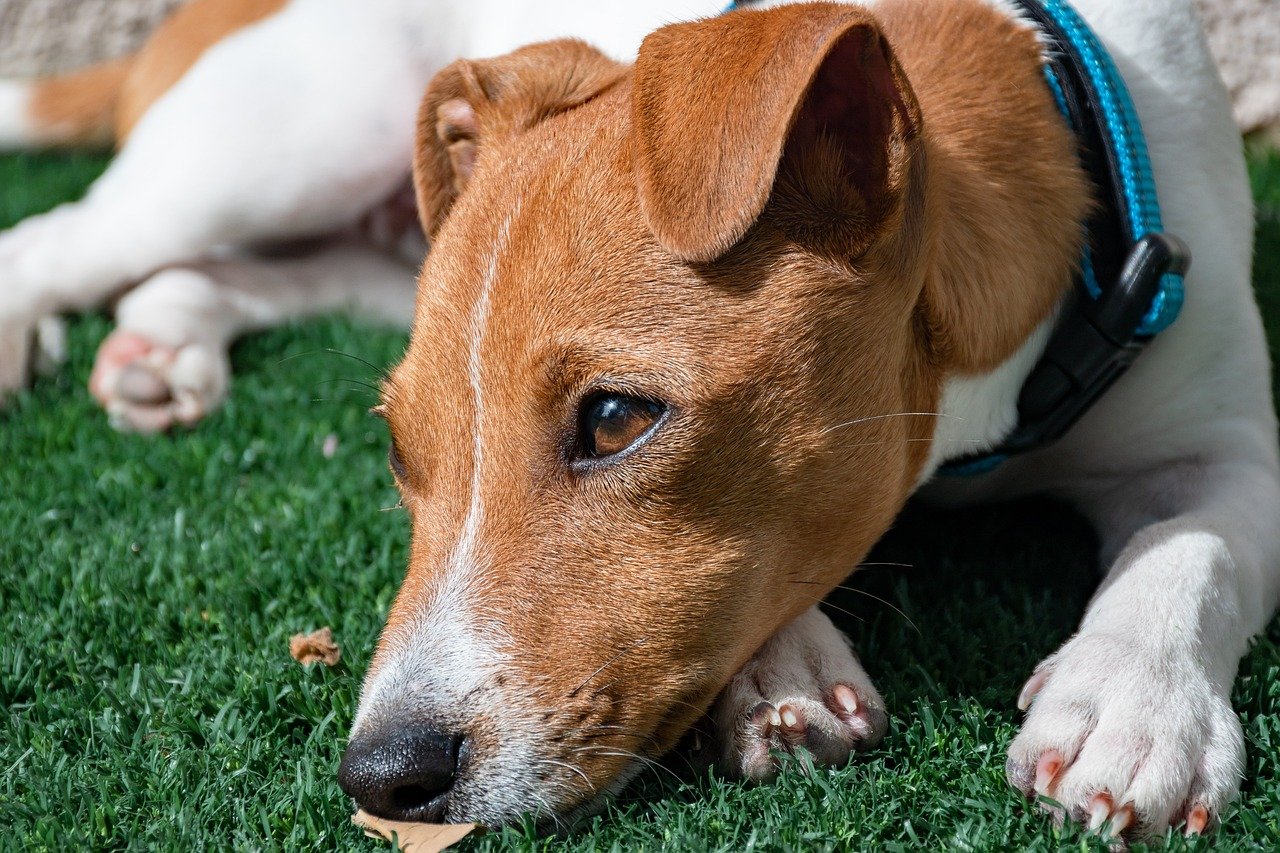
Sometimes, you might notice your dog deliberately avoiding your gaze. While a loving look can strengthen your bond, a lack of eye contact may indicate discomfort or emotional distance.
This behavior could stem from anxiety, fear, or even a misunderstanding. It’s important to pay attention to these subtle cues, as they can be your dog’s way of communicating that something isn’t quite right in your relationship.
15. Withdrawing from Physical Affection
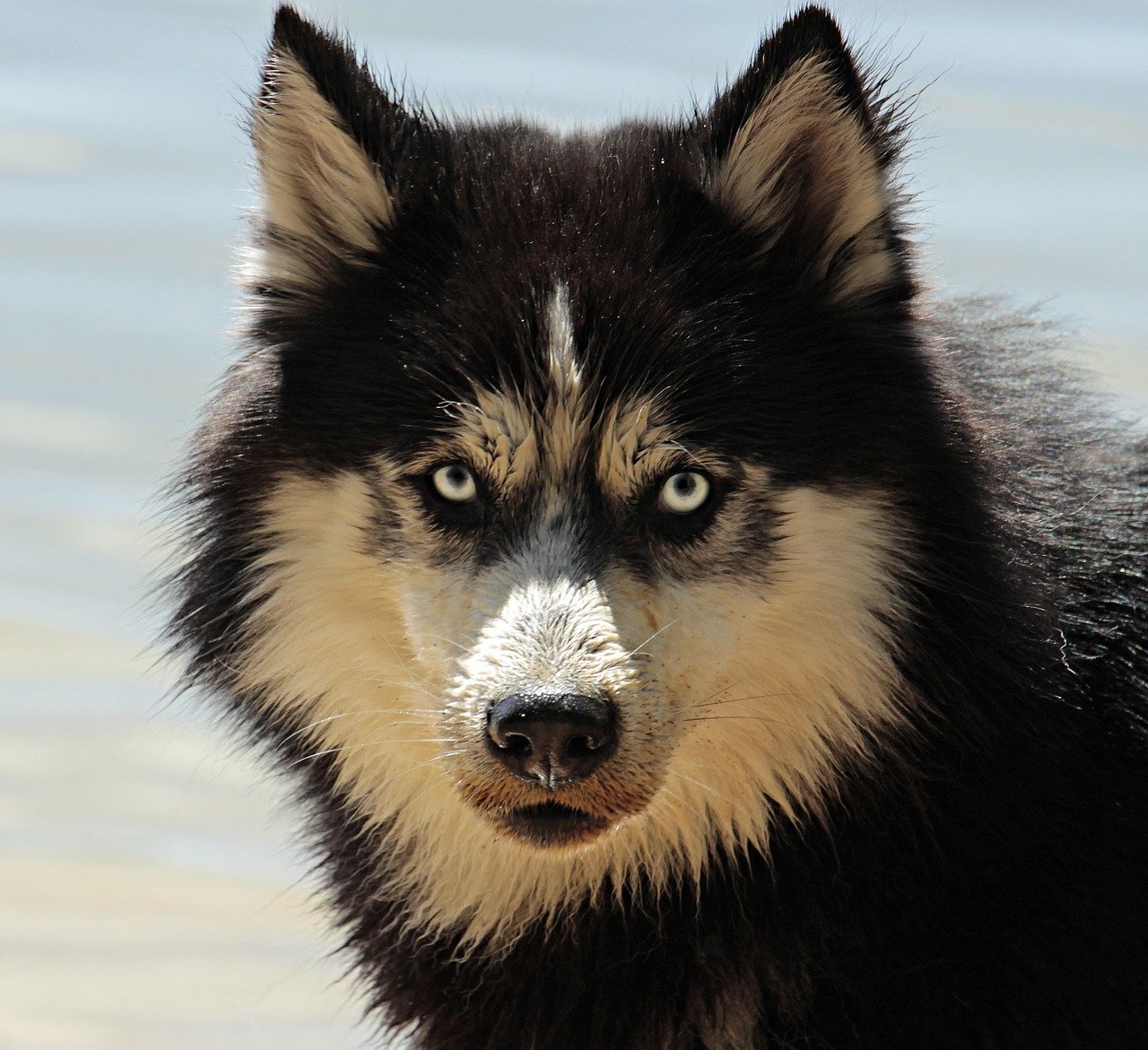
If your dog begins to shy away from petting or cuddling, it could be a sign they’re feeling distant. Unlike their usual eagerness to be close, this withdrawal suggests a change in their comfort level.
There could be many reasons for this behavior, from health issues to emotional stress. Instead of taking it personally, consider what might be causing your dog’s reluctance and respond with patience and care.
16. Reduced Enthusiasm for Playtime
A dog who suddenly loses interest in play may be signaling emotional or physical distress. Play is an essential part of a dog’s life, and a drop in enthusiasm can indicate that something is wrong.
This change could be due to age, illness, or a shift in their emotional state. If your once-playful pup now ignores their favorite toys, it’s time to pay closer attention to their needs.
17. Ignoring Your Commands

A loyal dog usually responds to your commands, but if your pet starts ignoring you, it may be a subtle sign of distance. This change in behavior could point to confusion, frustration, or a weakened bond.
It’s crucial to address this issue with gentle training and positive reinforcement. Strengthening your connection through patience can help restore the trust and loyalty you both cherish.
18. Hiding or Seeking Solitude
Some dogs will retreat to a quiet spot or hide away when they’re feeling distant or unwell. This behavior is a clear signal that your dog needs space or is dealing with something internally.
While it’s normal for dogs to seek solitude occasionally, a sudden increase in this behavior may be cause for concern. Providing a safe, comforting environment and observing for other signs can help you support your dog during these times.
19. Loss of Appetite
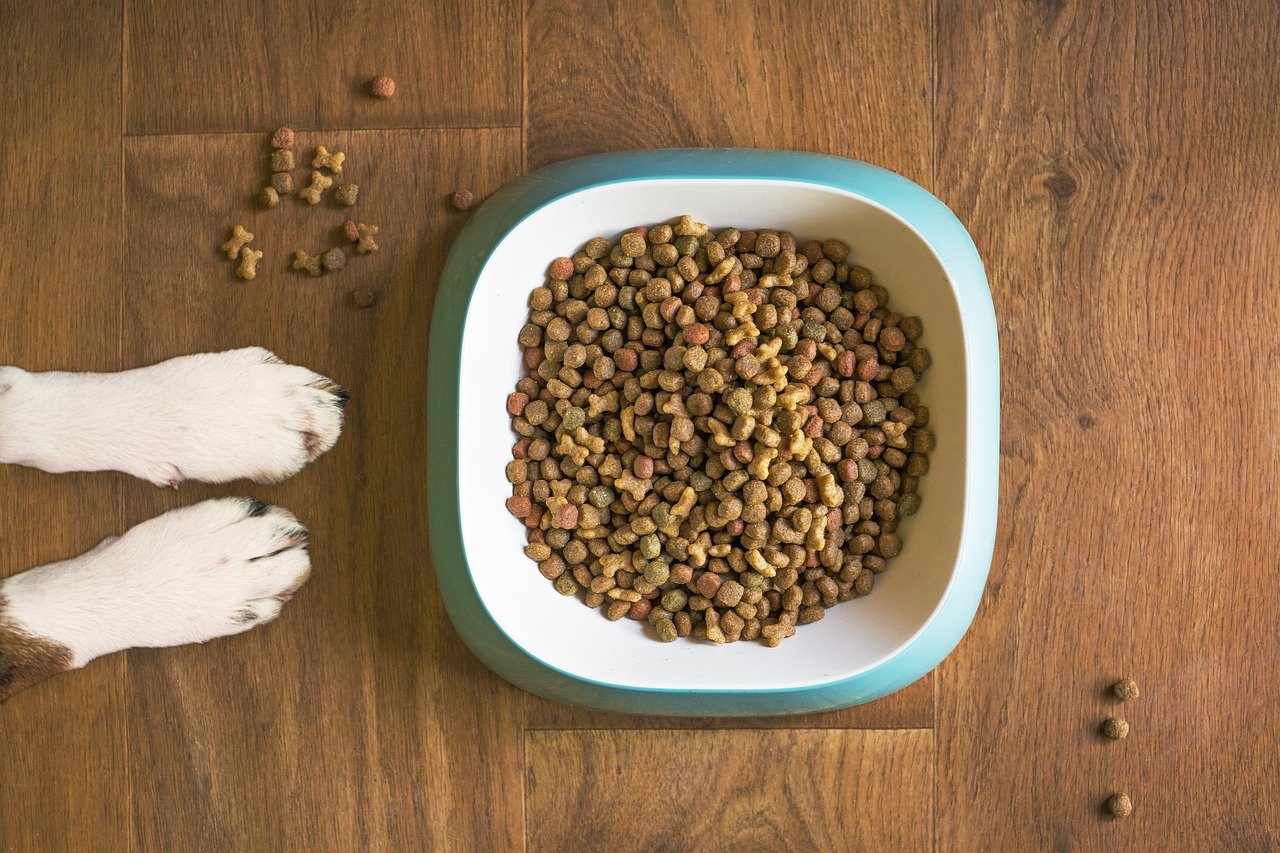
A dog’s appetite is often a reflection of their overall well-being. If your dog begins to eat less or loses interest in treats, it might be more than just a picky phase—it could be a sign of emotional or physical withdrawal.
Changes in eating habits should never be ignored. Consult with your veterinarian to rule out health issues and consider how recent changes in your routine or environment might be affecting your dog.
20. Lack of Interest in Daily Routine
When loyalty wanes or distance develops, dogs may lose interest in activities they once loved—like walks, car rides, or greeting you at the door. This behavior is a red flag that something has shifted in their world.
Reconnecting with your dog through gentle encouragement and shared activities can help reignite their enthusiasm and reinforce your special bond. Remember, even subtle changes in routine can make a big difference to your four-legged friend.

